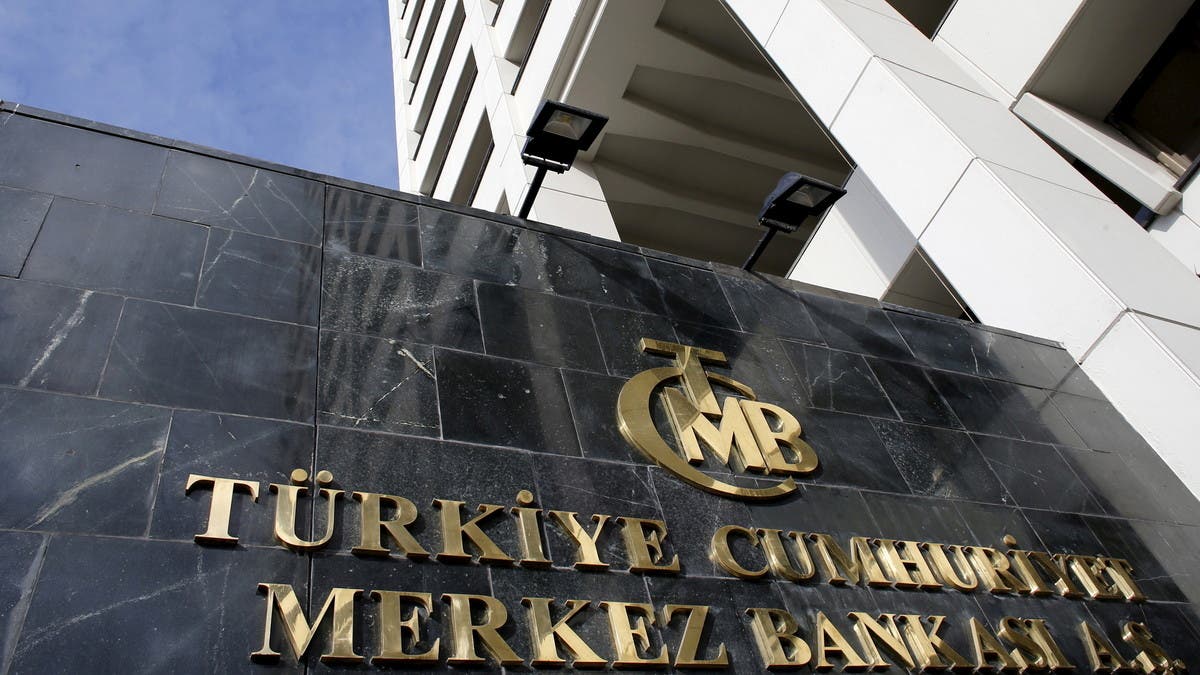As part of its Asian research tour, partnership with Aletihad News Center, and
primary sponsorship of the Indonesia International Book Fair 2024, TRENDS
Research & Advisory inaugurated its office in Jakarta, marking its 10th location
worldwide. It also released four books in Indonesian.
The inauguration event was attended by ambassadors of the UAE, Bahrain, and
Jordan to Indonesia, chairpersons of the UAE and Indonesian Publishers’
Associations, the Director of TRENDS’ Jakarta office, and a group of researchers
and academics.
Speaking at the event, Dr. Mohammed Abdullah Al-Ali, CEO of TRENDS
Research & Advisory, stated that TRENDS’ international offices—set to reach 15
by the end of 2024—aim to enhance the Center’s research efforts and deepen its
role in disseminating knowledge, thus serving as a global knowledge bridge.
He emphasized, “At TRENDS, we believe in the importance of cooperation
between think tanks and prioritize this endeavor. We believe the TRENDS office in
Jakarta will enhance the exchange of knowledge and ideas between think tanks in
Asia and the Middle East, opening new horizons for collaboration in various
fields.”
Four books in Indonesian
As part of the Jakarta office’s inaugural activities, four books were released in
Indonesian, including the 11th and 12th books of the Muslim Brotherhood
Encyclopedia and Global Trends in AI and Automation and the Future of
Competition between Man and Machine: An Analytical Forward-looking Vision.
Hostility to Arab states
The 11th book of the Muslim Brotherhood Encyclopedia, The Concept of the State
According to the Muslim Brotherhood, highlights its hostile stance toward Arab
states since its inception. The group views them as an obstacle to its ascent to
power. It opposed the modern principles upon which these states were built,
considering them incompatible with the group’s unique interpretation of Islam,
which it claimed to embody exclusively.
Exclusion of nonconformists
The 12th book, The Muslim Brotherhood: Rejection of Tolerance and Exclusion of
Nonconformists, examines the Muslim Brotherhood’s stance towards
nonconformists, individuals, and entities. The book reveals the group’s binary view
of the world, categorizing others as allies or adversaries. It ties these relationships
to the Brotherhood’s internal power struggles and self-serving interests.
Global Trends in AI
The third book, Global Trends in AI, explores significant developments in AI and
its impact on various aspects of life, including the economy, society, and
governance. It also offers a comprehensive analysis of technological advancements
in AI, its applications across sectors, the ethical and social challenges it presents,
and its future trajectory.
Automation
The fourth book, Automation and the Future of Competition between Man and
Machine: An Analytical Forward-looking Vision, addresses the growing challenges
faced by the human workforce in the face of widespread automation and AI
applications. The book concludes that while automation presents a significant
challenge to the labor market, it simultaneously creates new opportunities. It
emphasizes the importance of preparing for this shift through skills development,
continuous education, and adopting economic and social policies that support the
workforce.
Prominent pavilion and active presence
The TRENDS’ pavilion at the Indonesia International Book Fair has attracted
numerous visitors, including academic researchers and officials, such as the
ambassadors of the UAE, Bahrain, Qatar, Jordan, and Turkey. Additionally,
chairpersons of Arab and Indonesian publishers’ associations, authors, publishers,
and students visited the pavilion. All were impressed with and praised TRENDS’ diverse, valuable publications. They also commended TRENDS’ active
international presence and ability to address global developments with rigorous
analytical research.
Dr. Mohammed Abdullah Al-Ali honored the esteemed guests, including
ambassadors of the UAE and Bahrain to Indonesia, Wedha Startesti Yudha,
Chairperson of the Indonesia International Book Fair Committee, Arys Hilman
Nugraha, Chairman of the Indonesian Publishers Association, and others,
presenting them with TRENDS’ publications and commemorative shields.
Additionally, he awarded TRENDS’ Research Medal to Ni Made Ayu Martini
Indonesian Deputy Minister of Marketing, Tourism and Creative Economy
It is worth noting that during its current Asian research tour, TRENDS announced
the launch of the TRENDS Research Medal, awarded to individuals who make
significant contributions to the development of scientific research and promote collaboration with TRENDS in strengthening a culture of research across various fields.

 World3 years ago
World3 years ago
 World3 years ago
World3 years ago
 Entertainment7 years ago
Entertainment7 years ago
 Business10 months ago
Business10 months ago
 World7 years ago
World7 years ago
 Entertainment7 years ago
Entertainment7 years ago





